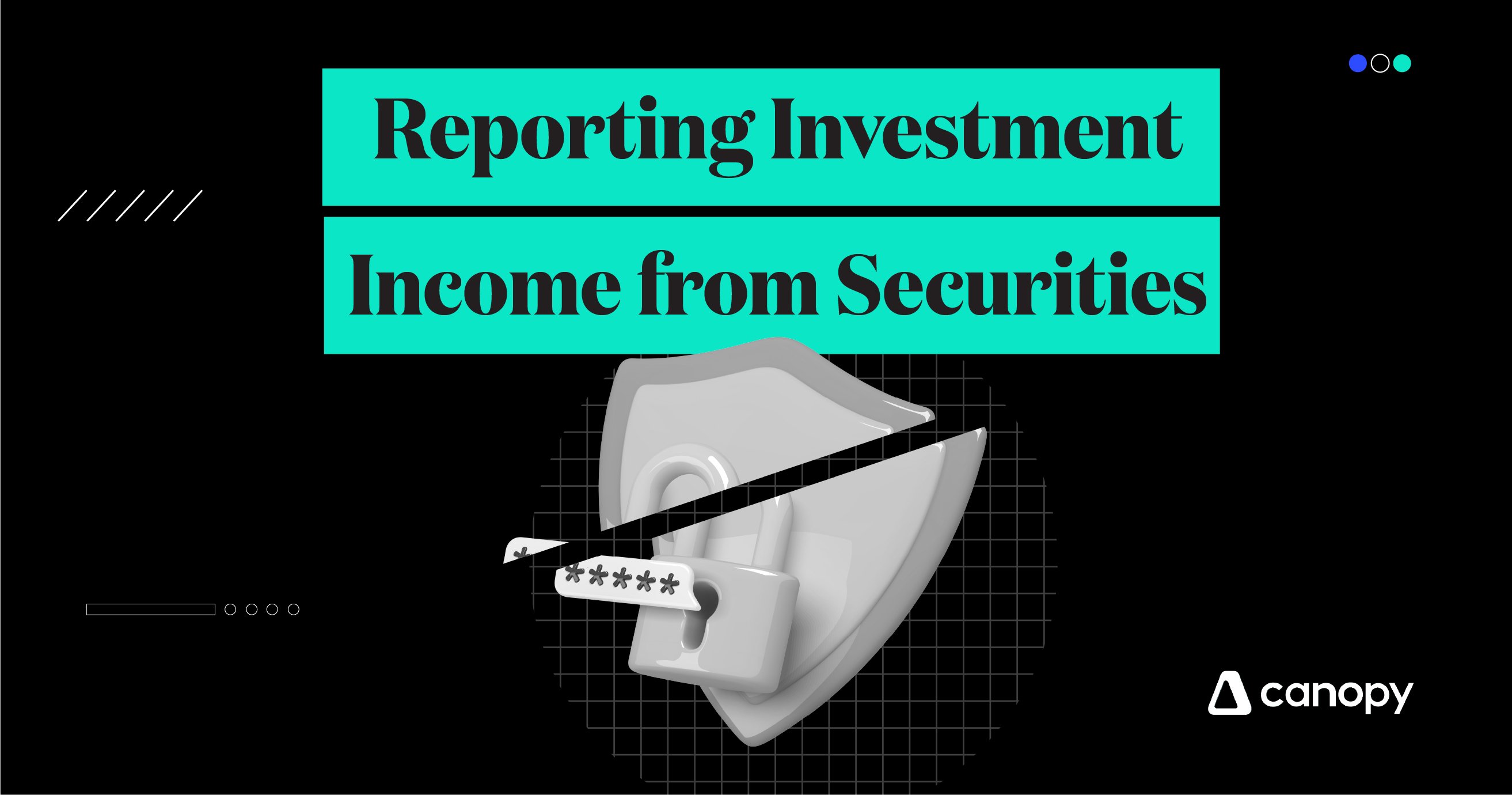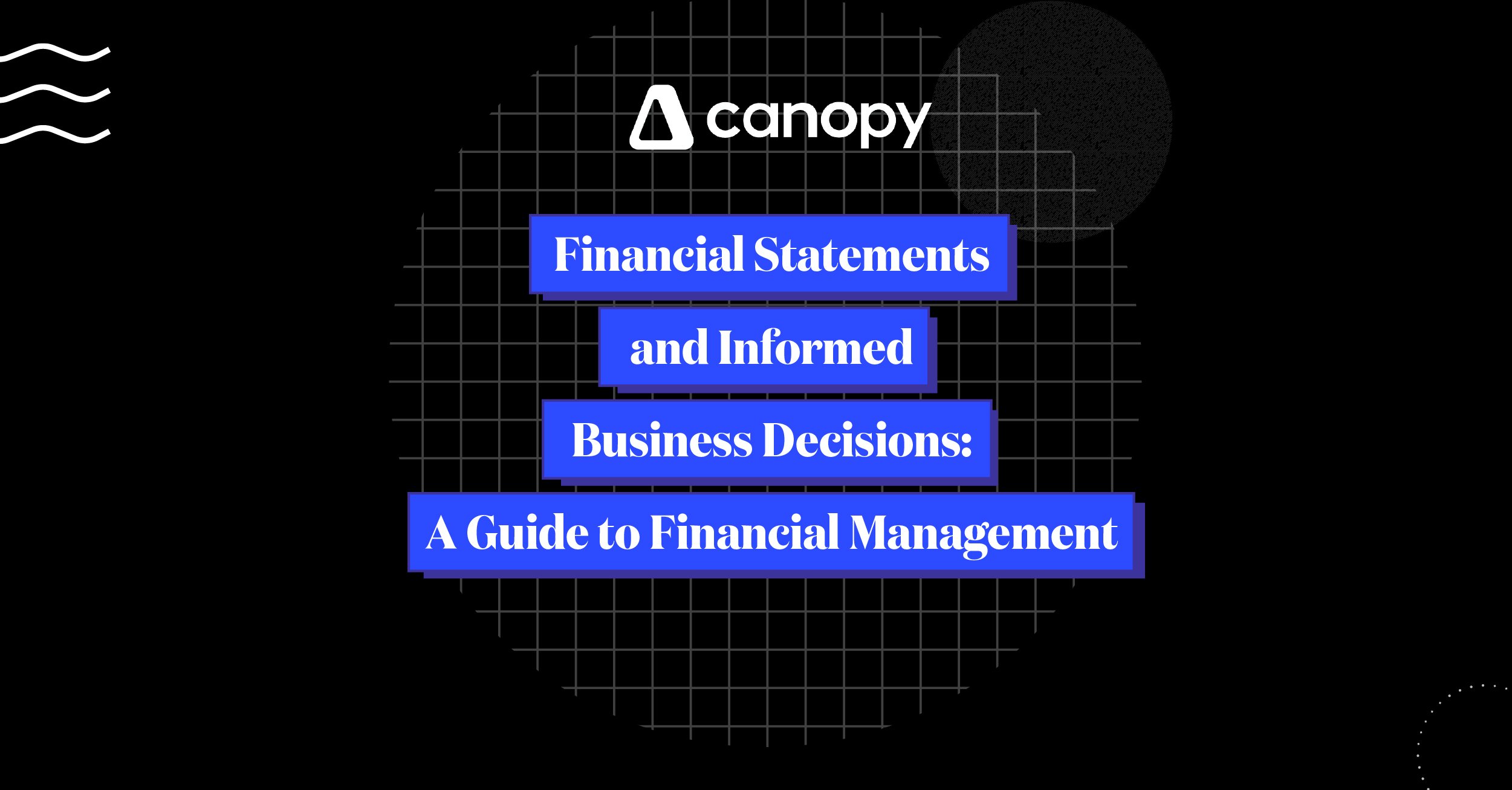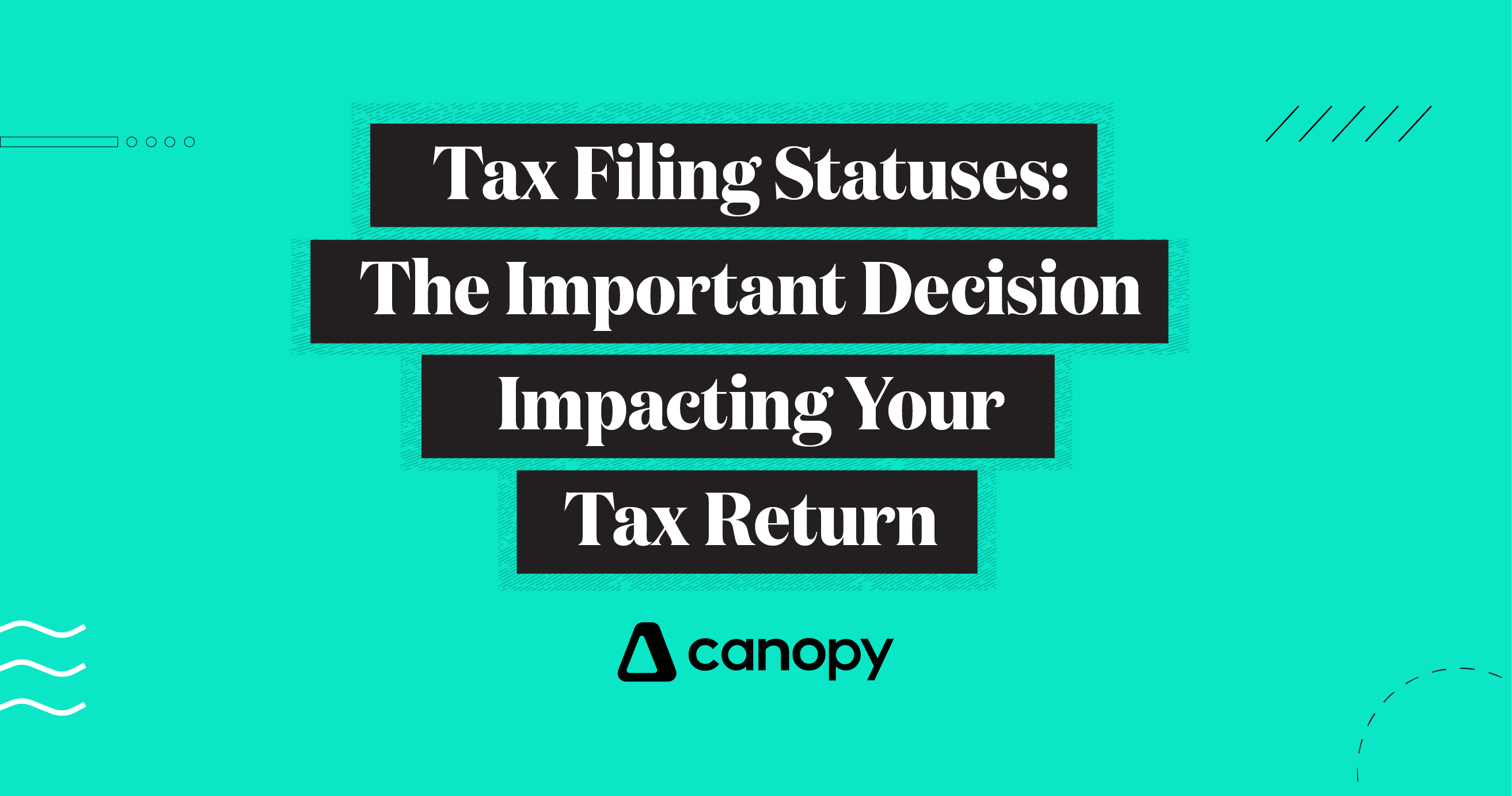Many of our clients are heavily invested in the stock market. While we count on the brokerage statements to help us report their income correctly, it’s imperative that we have a good working knowledge of the type of income these investments produce and how to correctly report them on the tax return.
Stock income includes dividends, non-dividend distributions, cash in lieu, as well as gains and losses upon sale. Mutual fund income includes dividends, interest, capital gains without sale of shares, as well as gain or loss upon exchange within the fund family or disposal. Correct reporting is easy when you understand the issues involved.
Sometimes the broker’s reported basis is wrong and it’s up to us to make the adjustment. How we make that adjustment depends entirely on whether this is a covered or noncovered transaction. Or it may be that our client is not the actual owner – or is just a partial owner – of an account and an adjustment to the gain or loss needs to be made as a result. Understanding the nuances of these adjustments is important.
Capital gain distributions can be surprisingly complex, as there are many different categories of such distributions with different tax rules. We have to know the difference between plain old ordinary capital gain and such exotics as Section 1250 gain, Section 1202 gain, and gain from collectibles. We must also understand the special handling of income from REITs.
We hope the broker knows the basis of our client’s assets, but – of course – that’s not always the case. Our client looks to us to understand asset basis when an asset has been inherited, gifted, or received in a divorce…as well as what options exist if the investment basis is simply not available.
It may happen that a client comes in and declares that they qualify as a trader in securities, rather than an investor. We need to know at least the basics of what qualifies a taxpayer as a trader, and understand whether or not that’s an appropriate (and helpful) decision for this client.
Canopy’s Reporting Investment Income from Securities webinar is a companion class to Reporting Investment Income, focusing on some of the subtleties of a typical client’s stock and mutual fund accounts.








Get Our Latest Updates and News by Subscribing.
Join our email list for offers, and industry leading articles and content.